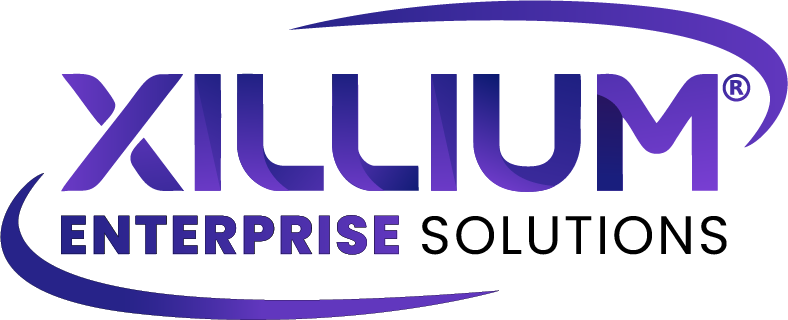MIT recently analyzed $30–40B in enterprise AI projects and found that a staggering 95% failed to deliver measurable ROI, not because of model limitations, but due to poor integration, workflow misalignment, and a fundamental “learning gap” (as reported in Legal.io and Tom’s Hardware).
In healthcare, these lessons matter even more. Hospitals, MSOs, and physician groups are under pressure to modernize operations while also facing workforce shortages, strict compliance requirements, and high turnover. AI is being tested in many places, but too often it remains an experiment that never scales.
So what does it take to actually make AI work in healthcare?
Why AI Projects Fail (and What Healthcare Can Learn)
MIT’s findings confirm what many leaders already suspect: technology isn’t the problem. Execution is. AI pilots may launch, but without governance, workflow alignment, and adoption structures, they quickly stall.
In healthcare, this plays out in predictable ways:
- New tools don’t integrate with existing EHRs or staff routines.
- Compliance and security concerns slow adoption.
- Workforce instability makes it difficult to sustain long-term projects.
Unless organizations address these realities, even the most advanced AI will struggle to make a lasting difference.
From Tools to Agentic AI
The next wave of AI isn’t just about generating text or images. It’s about agentic systems — AI that can act, execute, and integrate directly into enterprise workflows. Think of it as moving from tools to teammates.
MIT described these as “agentic app builders”, platforms that could one day become the Shopify of AI by lowering barriers to adoption. In healthcare, this raises a sharper question:
It’s not “Which AI tool should we try?” but “How do we build the right ecosystem so AI can actually deliver value?”
For healthcare leaders, that means thinking less about standalone pilots and more about embedding AI into operational systems where staff, compliance, and workflows already exist.
Human + AI Synergy: The Real Differentiator
If there’s one clear takeaway from MIT’s analysis, it’s this: AI alone doesn’t create value. The real differentiator is human + AI synergy.
In healthcare, that looks like:
- Virtual Medical Assistants using AI support to manage referrals, prior authorizations, and scheduling.
- Overnight teams applying AI workflows to reduce backlogs before the morning rush.
- Compliance-trained staff ensuring AI is deployed responsibly and securely.
This combination — reliable human teams plus emerging AI systems — is what creates true workforce stability. Without that balance, even the most sophisticated AI risks becoming yet another short-lived experiment.
From Shadow AI to Scaled AI
While official AI projects often move slowly, “Shadow AI”, the unofficial use of tools like ChatGPT, is already driving hidden productivity gains in healthcare offices. Staff are quietly adopting AI where it fits naturally into daily work.
Leaders face a choice: ignore the shift and risk fragmentation, or embed AI thoughtfully into governance, workflows, and workforce models.
This conversation is moving from the sidelines to center stage. AI is no longer just a tech experiment. It’s becoming central to how healthcare organizations plan for stability, scalability, and resilience.
Closing Thought
The organizations that succeed won’t be those that adopt AI the fastest, but those that integrate it best — pairing innovation with stable operations, compliance, and human expertise.
The future of healthcare isn’t a choice between AI and humans. It’s about building systems where they work together. The organizations that succeed will be those that move beyond experiments and embed AI into stable, human-centered operations.
References & Further Reading
The GenAI Divide: State of AI in Business 2025, MIT NANDA report — finding that 95% of enterprise AI pilots fail due to integration and learning challenges. Reported via Legal.io and Tom’s Hardware.
Commentary: Steve Nouri’s LinkedIn post.





